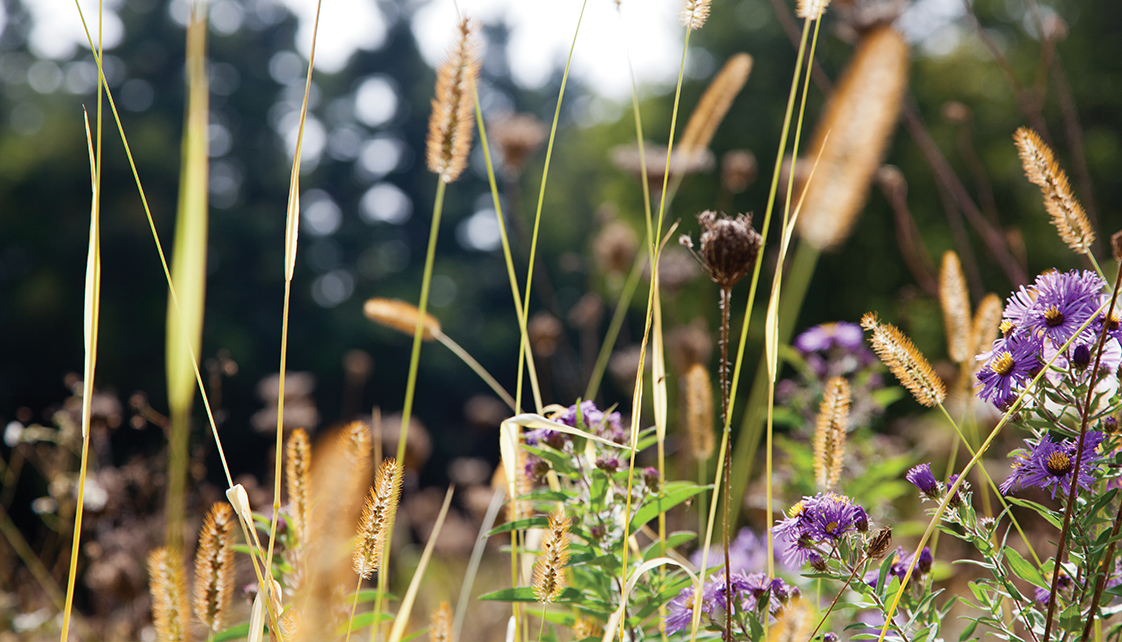- Home
- Early College
- Contact Us
- Offices And Departments
- Sustainability
Sustainability
Provide a summary of the page. Add a sentence or two of intro paragraph text.

Consider adding an image with a caption
In general, an image will be followed with paragraph copy. Break up long text and multiple paragraphs with headers, pull quotes, and images.
Energy and Waste Management
Energy
The majority of facilities on campus run on electricity and natural gas. This includes central air conditioning where installed, water heating, lighting, and other basic utilities. Our electricity comes from [insert company]. Usage is supervised by [insert if applicable]. The majority of energy usage is attributed to refrigeration and air conditioning during the summer, and heating in the winter. See a report of our energy usage in [insert year] below.
[Insert pdf of energy report if we have one]
Recently, solar panels were installed on the roofs of the Daniel Arts Center, Fisher Science & Academic Center, and the Kilpatrick Athletic Center, producing renewable energy that is returned to the main grid. See the company website [insert link] for more information about local solar energy projects.
Future plans for the expansion of sustainable energy at Simon’s Rock include disconnecting from the main electricity grid, storing the renewable energy we produce in lithium batteries and selling it back to the grid.
Recycling
Simon’s Rock has recently updated our recycling system to single stream recycling, a system where all recyclable items can be placed together in the same bin. The company, [insert company], sorts our single-stream recycling at [[Insert facility] and ensures proper off-site sorting. Blue bins are designated for recycling. We are constantly striving to make recycling on campus more accessible and convenient. Below is a list of what can be recycled on campus.
[Insert Table]
Cardboard boxes should be flattened before being placed next to recycling bins. E-waste such as batteries and other electronics can be brought to a designated box outside of the Campus Safety window in the Student Union.
Plastic bag recycling station [insert information]
Landfill
When no alternative disposal options exist, trash is brought to a landfill (insert specific location/info?). Many products such as styrofoam, plastic food wrappers, food waste and food-soiled plastics/paper fall into this category, and belong in the black or gray bins. Hazardous materials, such as batteries and light bulbs, and other electronics should NOT be placed into trash bins, and should be brought to Campus Safety for proper disposal.
Recycling and Trash bins are paired in stations all around campus for convenient waste disposal. Please be mindful of proper sorting etiquette!
[Insert poster pdfs]
Collaboration
Sustainability Committee
The Sustainability Committee is a group of faculty, staff, and students dedicated to planning, organizing, and executing sustainability measures on campus. The student representative for the sustainability committee is elected by community council, another campus student organization. The committee collaborates with other groups on campus such as physical plant, housekeeping, Chartwells, and other staff and faculty to ensure sustainability developments are executed as efficiently as possible. For more information on the sustainability committee, contact [Tom?].
Chartwells
The Dining Hall is managed by Chartwells Higher Education. Chartwells has its own system of recycling and composting of kitchen scraps. Chartwells often sources locally grown produce, such as from [Insert farms and links]. See the Chartwells website for their policies on sustainability.
[Insert link]
Green Monday is a student initiated movement Chartwells participated in, serving only meatless options for the day. The meat industry is extremely environmentally harmful, using many times more water, land, and energy than plant based agriculture. Reducing consumption is critical for us as consumers, as companies will lower production in response to lower demands for meat.
[Insert link to green Monday site]
Student Activism
Students can also easily create their own organizations or join existing clubs such as the Simon’s Rock Green Society. Student leadership and activism is integral to furthering sustainability measures on campus.
Farm internships have been available in the past for students interested in working the campus farm over the summer, for harvests that are often used in dining hall in the fall semester. It is an extremely rewarding experience to see the fruits of student labor supporting the campus.
[Insert quote from student about farming experience].
Study Sustainability
Simon’s Rock offers a variety of sustainability and environmental science courses for students interested in furthering sustainability in general. Students in the past have taken classes on farm management, agroecology, apiculture, and much more, either through regularly offered courses or specially requested tutorials. Additional courses are offered in biological sciences, and students can apply to abroad opportunities such as the annual Montserrat trip. Below is a list of sample courses that have been offered in the past.
[signature programs]
[course spotlight]
[Insert courses]